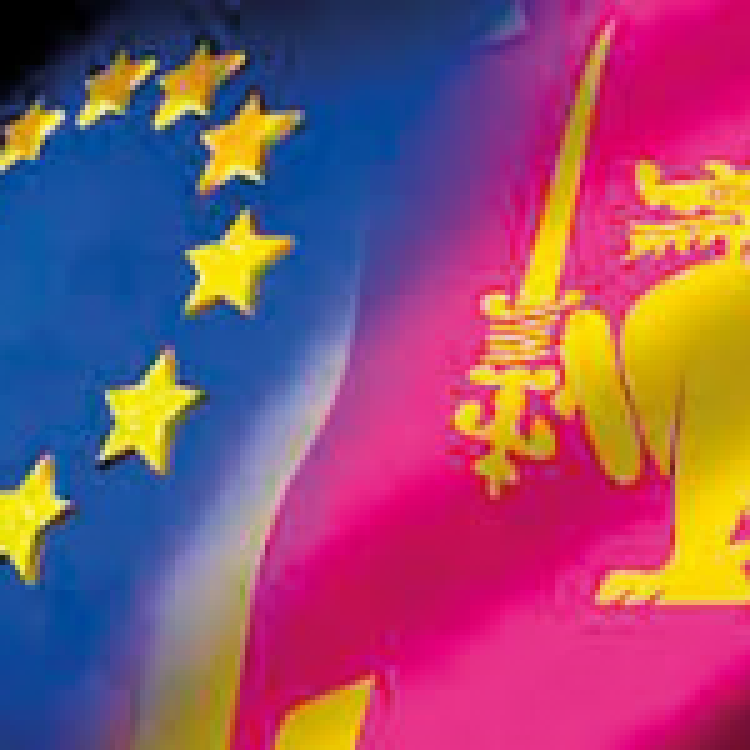The United Kingdom will continue with the European Union's Generalised Scheme of Preferences (GSP) frameworks after the end of the Brexit transition period, giving a number of countries, including Sri Lanka, the ability to trade with the UK with zero, or reduced tariffs.
Sri Lanka will be one of eight countries eligible for waived import tariffs on certain goods under the UK's Enhanced GSP framework, the equivalent of the EU's GSP+. The UK government states that, like the EU's GSP+, countries receiving this benefit must implement 27 conventions relating to human rights and labour rights, the environment and good governance.
The reinstatement of Sri Lanka's access to EU GSP+ in 2017, after it was suspended in 2010 due to its abysmal human rights record, was met with heavy criticism as the country had not met several of the conventions set out for eligibility. The move to restore GSP+ was condemned as premature, being based on promises which the Sri Lankan government has so far failed to fulfil, including repealing the draconian Prevention of Terrorism Act (PTA).
Despite the EU naming this failure in its 2019 Human Rights report, Sri Lanka is expected to continue enjoying the benefit unless a change in its income-classification occurs.
The UK is Sri Lanka's largest export market in Europe.



